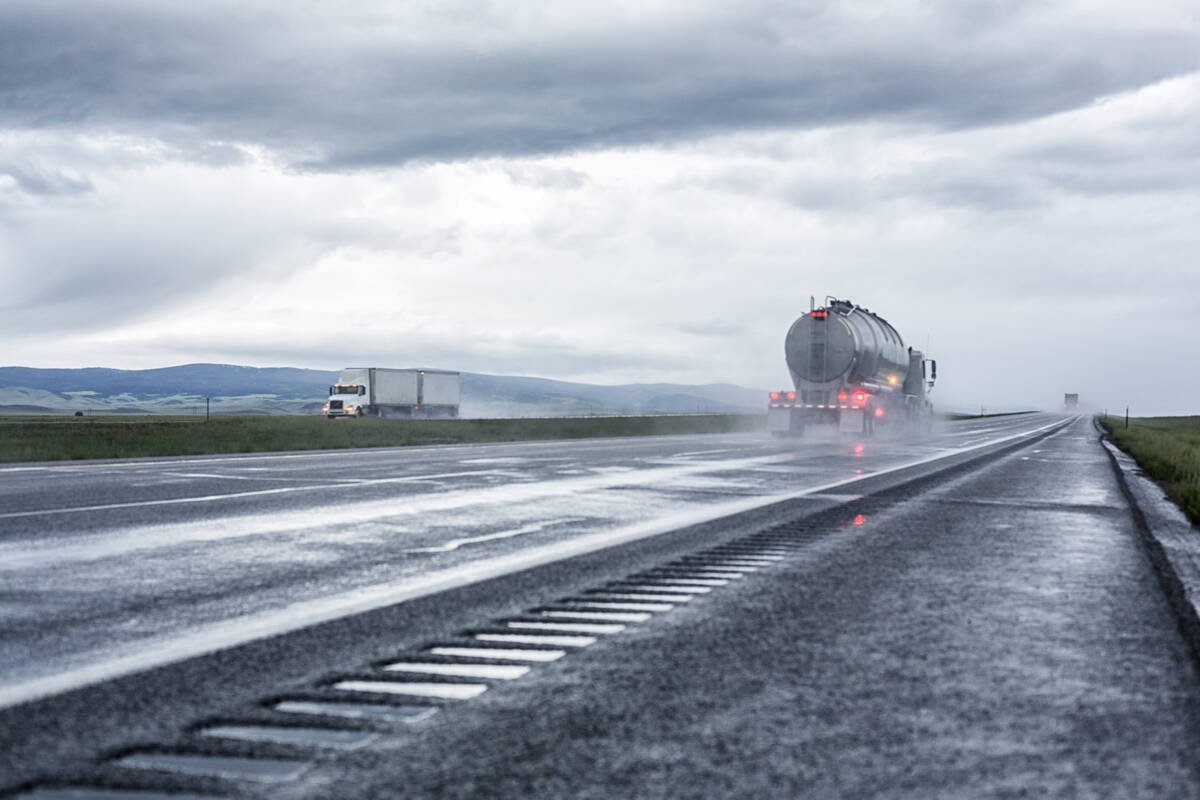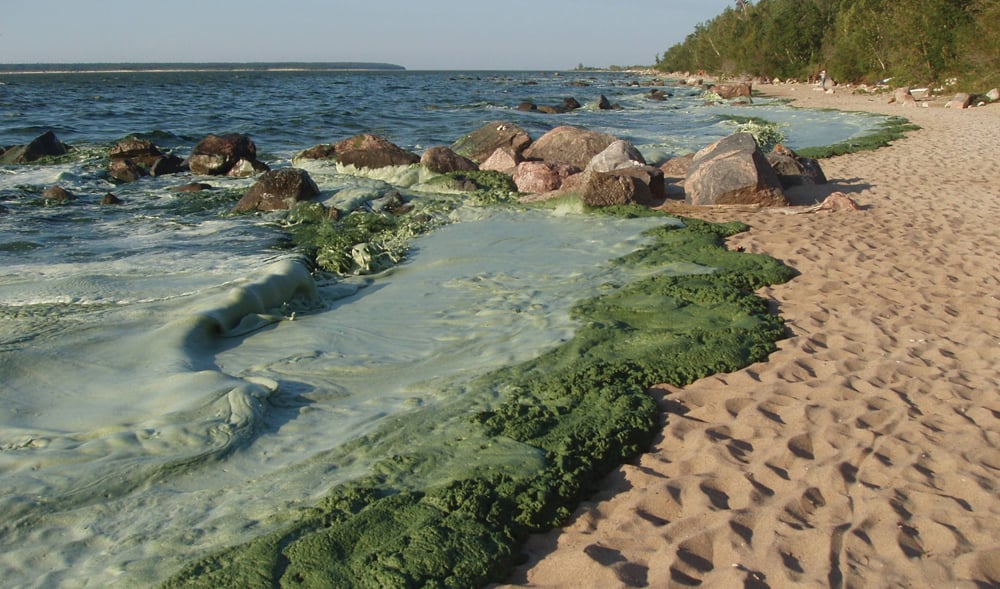At its advisory council April 20, KAP delegates passed several resolutions to KAP’s carbon tax policy, including a call to review all options, including a GST-style approach so farmers could get carbon taxes in products they buy rebated.
The following is KAP’s carbon tax policy as of March 30, which was reaffirmed at the April 20 meeting.
Farmers are concerned the carbon tax will make them uncompetitive with the U.S. Therefore, KAP is calling on the provincial government to:
- Exempt agricultural production (see explanation below).
- Credit farmers for their beneficial practices that protect the environment.
- Show where every carbon tax dollar is raised and spent.
- Consult further with farmers across the province.
Read Also

Province pledges funds to CentrePort Canada
The Manitoba government has pledged $450,000 towards projects at inland port CentrePort Canada.
1. Exempt agricultural production
Agricultural producers should be exempt from the carbon tax, including tax on: purple gas and diesel heating fuels emissions from animals and manure storage emissions and fertilizer application. Producers need these exemptions to remain competitive with countries that do not tax carbon, especially the United States.
2. Credit beneficial practices
Farmers should receive financial credit for their beneficial practices that sequester carbon in the soil, and produce other ecological goods and services for society. For example, when farmers maintain healthy riparian areas, this keeps excess nutrients out of waterways.
The province should also invest in helping the agriculture industry adapt to climate change.
In particular, we need to address long-standing flooding and drought issues that will only become more pronounced as the climate changes. These priorities should be funded by society, not just farmers, because this work benefits everyone.
3. Show where every carbon tax dollar is raised and spent
The province should be required by law to publish a report every year explaining where every dollar of carbon tax revenue was raised and where it was spent. No dollars should go into general revenue. They should be focused on protecting farm competitiveness and the environment.
4. Consult further with farmers
The government’s carbon tax survey is only the tip of the iceberg of the consultations that need to happen. The government needs to talk face to face with farmers across Manitoba.














